Anthony Doerr’s award-winning novel “All the Light We Cannot See” has continuously been upheld with high praise and recognition as the epitome of transformative contemporary literature. The heart-wrenching novel is a tale of hope that follows a blind French girl and her survival during World War II, and a young German boy who has been forced into joining the Nazi army. With such acclaim surrounding the book, Netflix’s production of “All the Light We Cannot See” had historical fiction fans holding their breath for the series — and sighing in disappointment.
“All The Light We Cannot See,” directed by Shawn Levy, takes place in the rise and fall of the Nazi occupation of France during World War II. Like the novel, the story follows a nonlinear plotline that switches frequently between the present and the past. The main character, Marie-Laure LeBlanc (Aria Mia Loberti), is a blind girl who is raised by her single father, Daniel (Mark Ruffalo), and learns to memorize the routes of Saint-Malo with the help of her father’s wooden model of the town. She takes part in the town’s resistance against the Nazis through her coded messages broadcasted from a radio given to her by her uncle, Etienne (Hugh Laurie). As we learn more about Marie-Laure’s past and her unbreakable relationship with her father, we also learn of Werner Pfennig (Louis Hofmann) who is raised in an orphanage and has a curious talent for fixing machinery. His skills and knowledge soon lead him to be tasked under the Nazis to track down resistance through radio transmissions. During his missions, Werner eventually finds the soft-spoken messages of Marie-Laure’s broadcasts and learns that his faith in humanity can truly be restored.
What is mind-boggling from the start is how shallow and faulty the series is, ranging from rushed flashbacks placed in a confusing sequential order to historically inaccurate accents. The series does not do any justice to the meticulous and graceful nature of the novel, nor does it express the novel’s sincerity of hope through each of its episodes. Due to the messy order of the series’ events, the characters’ stories fail to make the audience care. Their aspirations, traumas, and hopes fall short of anything close to remarkable as watchers are too busy suppressing yawns or skipping ahead through the episodes. Moreover, the failure to catch the audience’s attention in this series is what makes the show more comedic than emotional. The only memorable moments are the cliffhangers left at every end of the episode; everything else is essentially a filler scene that only makes the series feel dull.
In terms of accuracy, the series fails to remain consistent in having each main character utilize the proper accent for that period. To put it simply, it is unclear why the directors decided that having the cast speak in British accents as French characters was a good idea. Daniel, played by Mark Ruffalo, wavers between a cringe-worthy British accent that comes and goes, and his American accent. Marie-Laure just sounds plain British. Mind you, this series takes place solely in France. Nowhere in the series or the novel does the audience hear of any character being raised in a different country. Already, the strange placement of the characters speaking in a British accent in France leaves this series to be laughable as a historical fiction piece.
In terms of Marie-Laure’s character, she is somewhat likable in that she portrays the same headstrong and resilient nature of the novel’s descriptions. With this also being Loberti’s debut role, she performs decently to authentically depict a blind person, although there were numerous moments when it became forgettable that she actually couldn’t see. Regardless, she was a lovable character with an indomitable spirit that brought life to this dull series. Loberti’s acting potential might also seem limited with how rushed the sequence of events was, which may have resulted from an editing flaw rather than her actual acting. It truly is a shame that her role was not enough to fully portray the vision that many fans, including myself, had for this series.
All this to say, perhaps some astounding novels are just not meant to be on the screen. More specifically, perhaps Netflix shouldn’t tamper with such novels and instead take alternative routes for adaptations. “All The Light We Cannot See” is worth a try as a series, but those who wish to truly be touched by beautifully written works should instead turn to the novel.
Image courtesy of Netflix Life



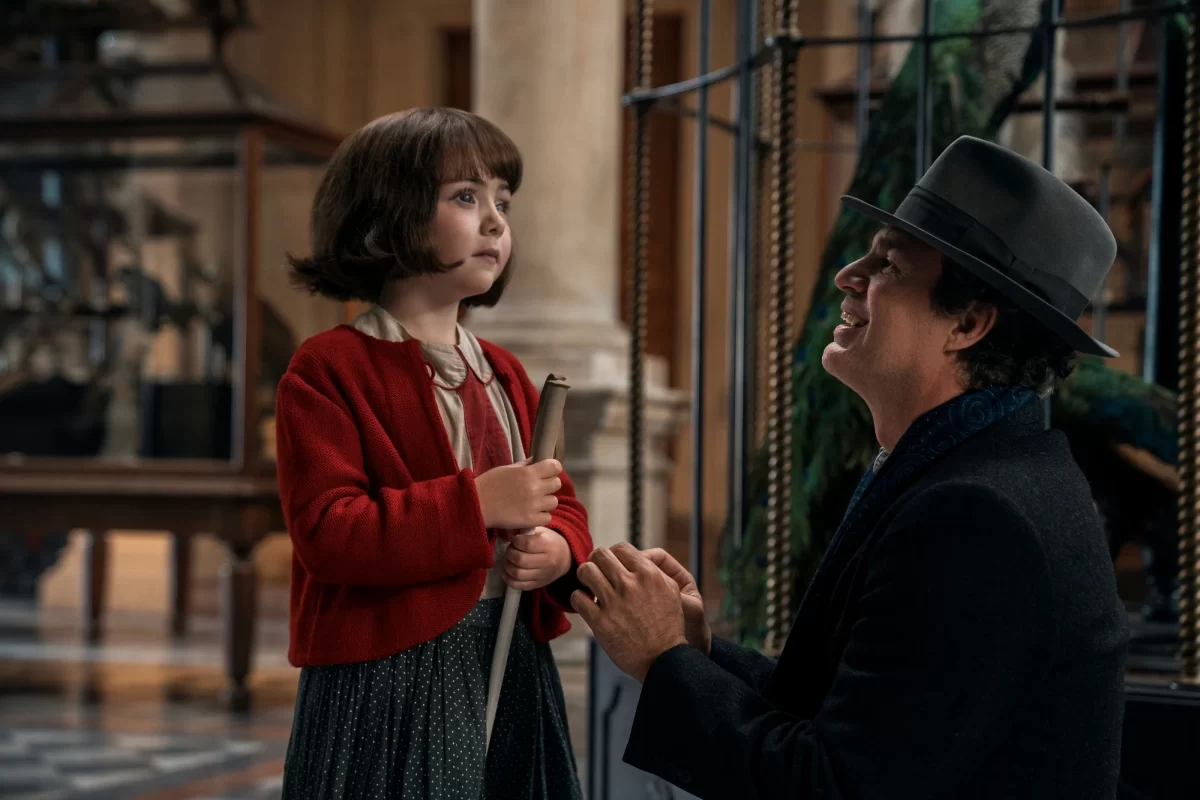

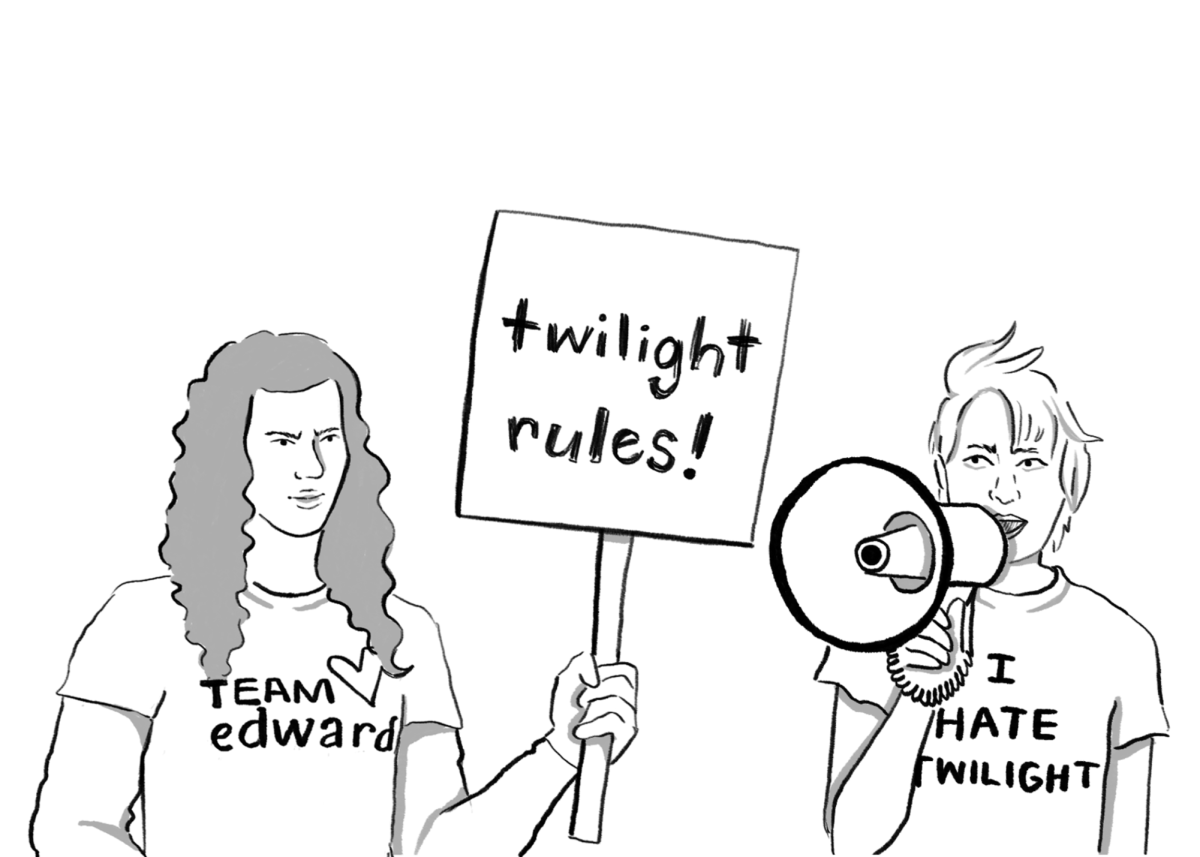
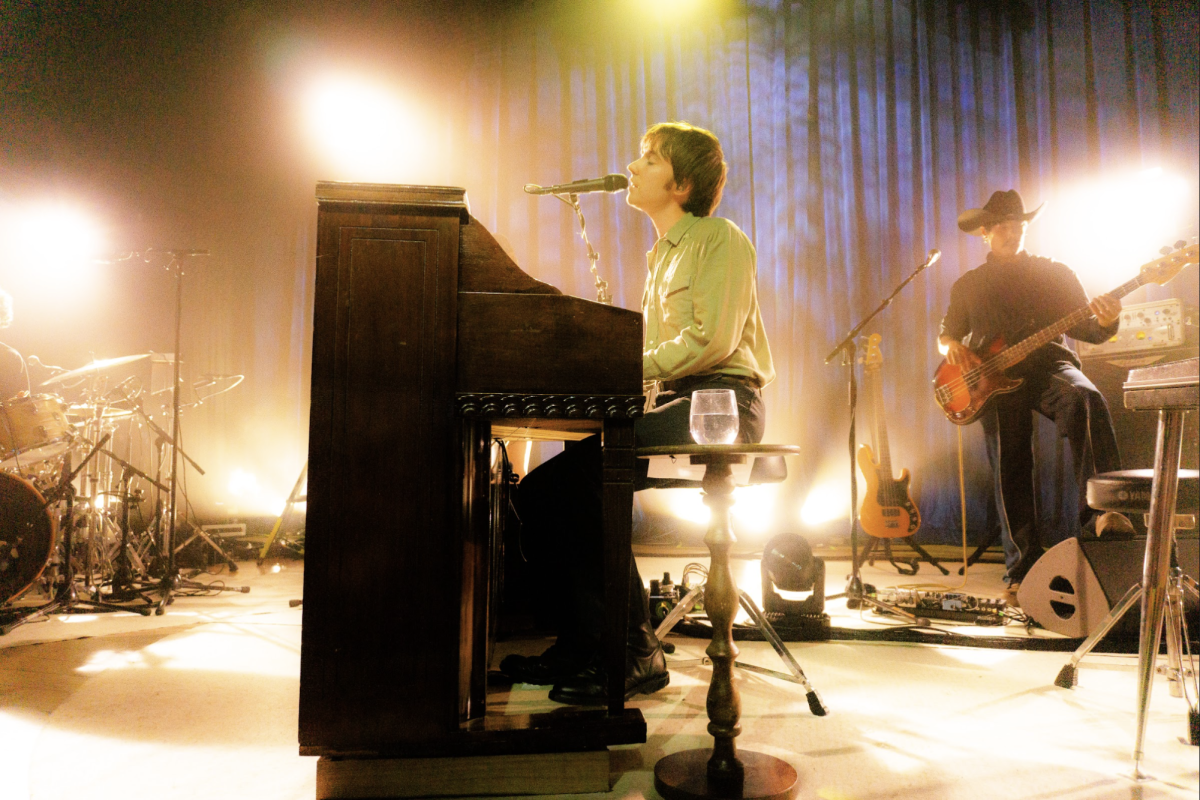
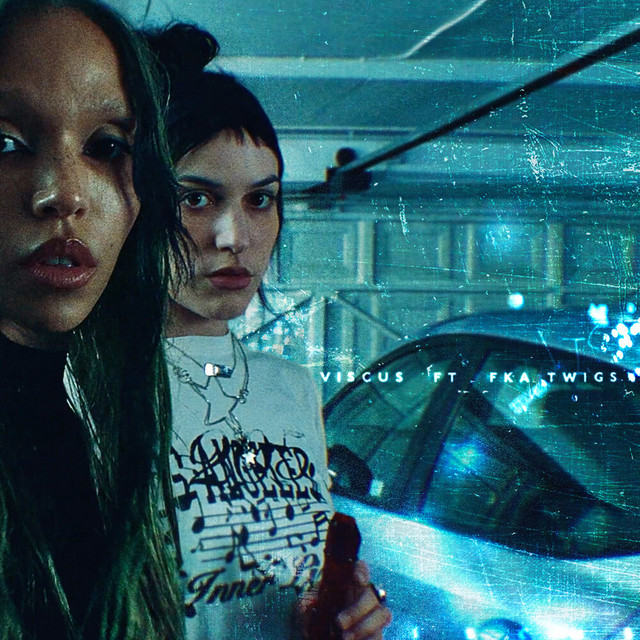
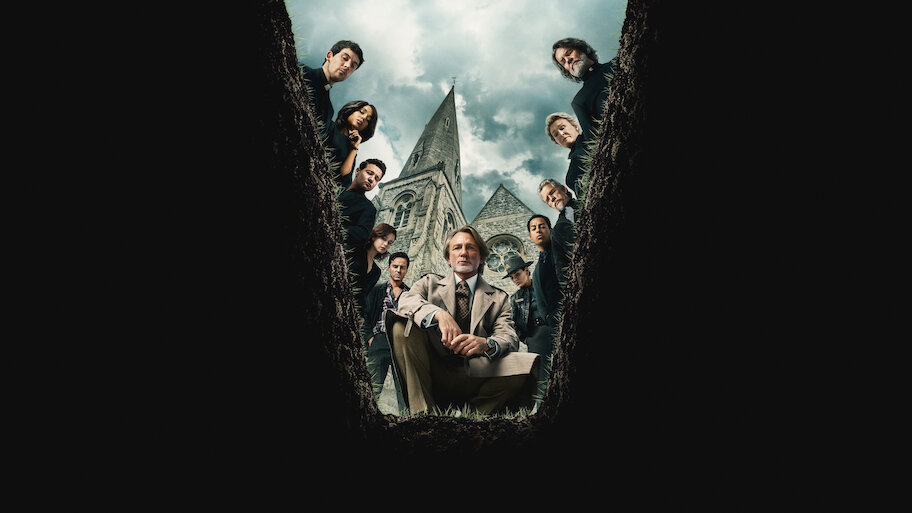


Natalie • Nov 14, 2023 at 7:22 pm
I agree with the review for the most part. I was trying to place my finger on why the show was so strange and why I didn’t like it – the accents for sure threw me off (Mark Ruffalo’s accent killed me), and the story really did leave me wanting more. They had the chance to adapt this into a series and not a movie, and could have done so much more with the 4 hours. I would love to see this remade with French actors and a more historical fiction tone. Sometimes these adaptations are much better when not performed by A-list actors.
The one thing in your review that needs clarification is that the actress who portrays Marie is legally blind, so this statement “she performs decently to authentically depict a blind person” is a bit odd and could use some additional context.